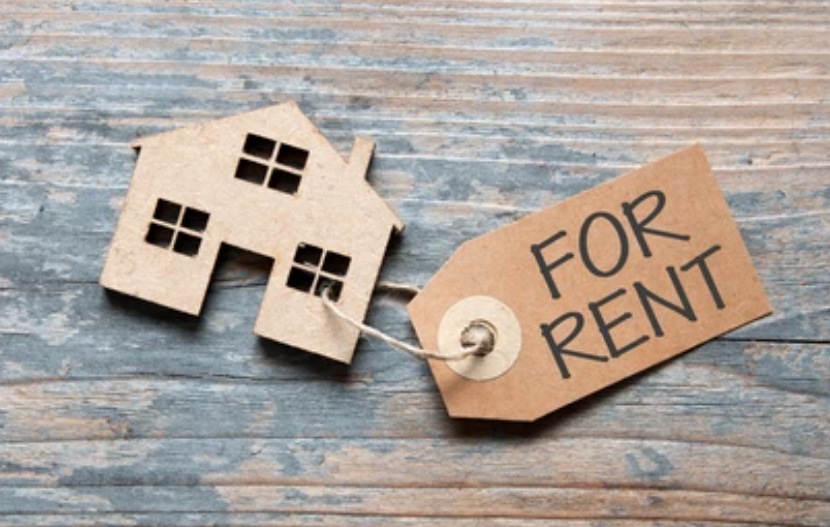Owning rental properties can be a lucrative investment, but effective management is crucial for success. From finding reliable tenants to ensuring property maintenance and navigating legal complexities, efficient property management plays a pivotal role in maximizing rental income and maintaining property value. Here are essential tips and strategies for managing rental properties effectively.
1. Thorough Tenant Screening:
Selecting the right tenants is fundamental to a successful rental property venture. Implement a thorough screening process that includes background checks, credit history assessments, and previous rental references. Screen for responsible tenants who are likely to pay on time, take care of the property, and stay for an extended period, reducing turnover and vacancy rates.
2. Property Maintenance and Upkeep:
Regular property maintenance is key to retaining tenants and preserving the property’s value. Conduct routine inspections, promptly address maintenance requests, and perform necessary repairs to ensure a safe and habitable living environment. Proactive maintenance not only satisfies tenants but also prevents minor issues from escalating into costly problems.
3. Understanding Legalities and Compliance:
Familiarize yourself with landlord-tenant laws, local housing regulations, and fair housing practices. Complying with legal requirements regarding lease agreements, security deposits, eviction procedures, and property safety standards is crucial. Staying informed and adhering to legal obligations helps prevent potential disputes and protects both landlords and tenants.
4. Maximizing Rental Income:
Optimize rental income by setting competitive yet reasonable rent prices. Conduct market research to determine prevailing rental rates in the area. Additionally, consider offering incentives to reliable long-term tenants, such as lease renewals or property upgrades, to encourage tenant retention.
5. Effective Communication and Professionalism:
Maintain clear and open communication with tenants. Respond promptly to inquiries, address concerns, and provide necessary information in a professional manner. Building positive relationships with tenants fosters trust and encourages timely rent payments and cooperation in property maintenance.
6. Utilize Technology and Resources:
Take advantage of property management tools and technology to streamline operations. Property management software can simplify tasks like rent collection, accounting, and maintenance tracking, enhancing overall efficiency and organization.
7. Financial Planning and Record-Keeping:
Implement a robust financial plan for your rental property. Keep detailed records of income, expenses, and maintenance costs. Establish a budget for unexpected expenses and allocate funds for property improvements or renovations to maintain property value over time.
Managing Rental Properties Properly
Managing rental properties requires dedication, knowledge, and attention to detail. By employing these essential tips and strategies, landlords and property managers can effectively oversee their rental properties, create positive tenant experiences, and optimize returns on their real estate investments.
While these guidelines can significantly improve property management, seeking professional advice or consulting with property management experts can further enhance your property management strategies tailored to your specific needs and circumstances.


